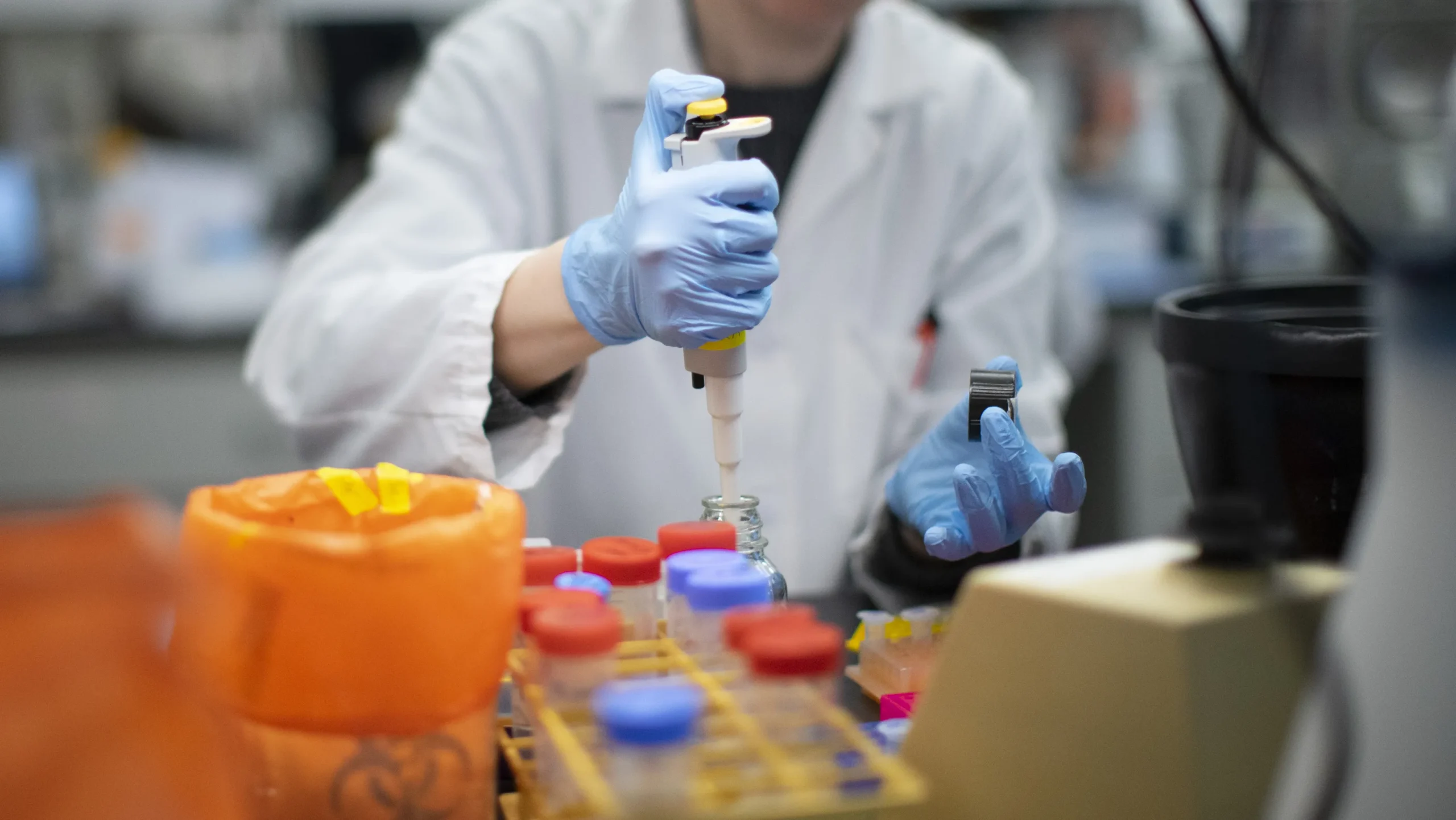The COVID-19 pandemic, caused by the novel coronavirus SARS-CoV-2, has had profound impacts on individuals, communities, economies, and societies worldwide. Beyond the immediate health crisis, it has exposed vulnerabilities in global healthcare systems, highlighted social inequalities, and necessitated rapid adaptation to new ways of living and working. Here are some of the key impacts and lessons learned from the COVID-19 pandemic:
- Healthcare Systems Under Strain: The pandemic overwhelmed healthcare systems in many countries, leading to shortages of medical supplies, hospital beds, and healthcare workers. It underscored the importance of robust healthcare infrastructure, adequate funding, and preparedness for public health emergencies.
- Social and Economic Disruption: Lockdowns, travel restrictions, and business closures caused significant disruptions to daily life and economic activity. Millions of people lost their jobs or faced financial hardship, exacerbating existing social and economic inequalities. The pandemic highlighted the need for social safety nets, support for vulnerable populations, and resilience in the face of economic shocks.
- Global Collaboration and Solidarity: The pandemic underscored the interconnectedness of the world and the importance of international cooperation in responding to health crises. Countries collaborated on research, shared data and resources, and worked together to develop and distribute vaccines. The crisis highlighted the need for solidarity and collective action to address global challenges.
- Accelerated Digital Transformation: The pandemic accelerated the adoption of digital technologies in various aspects of life, including remote work, telemedicine, online education, and e-commerce. It demonstrated the potential of technology to facilitate communication, collaboration, and access to essential services, but also highlighted disparities in digital access and literacy.
- Mental Health Challenges: The pandemic took a toll on mental health, with increased levels of stress, anxiety, depression, and loneliness reported worldwide. It underscored the importance of prioritizing mental health support and destigmatizing mental illness. It also highlighted the need for accessible and affordable mental health services, especially during times of crisis.
- Resilience and Adaptation: Individuals, communities, and businesses demonstrated resilience and adaptability in response to the pandemic. People found innovative ways to stay connected, support each other, and navigate new challenges. Businesses pivoted their operations, implemented remote work policies, and adapted to changing consumer behaviors. The crisis emphasized the importance of flexibility, creativity, and agility in responding to unexpected disruptions.
- Climate and Environmental Impacts: The pandemic led to temporary improvements in air quality and reductions in greenhouse gas emissions due to decreased economic activity and travel. It highlighted the interplay between human activity, environmental degradation, and the emergence of infectious diseases. The crisis underscored the urgency of addressing climate change and biodiversity loss to mitigate future health risks.
- Preparedness for Future Pandemics: The COVID-19 pandemic served as a wake-up call for better preparedness for future pandemics and health emergencies. It highlighted the need for early detection and surveillance systems, rapid response capabilities, robust supply chains for medical supplies and vaccines, and investment in research and development of new treatments and vaccines.
In conclusion, the COVID-19 pandemic has had far-reaching impacts on societies and economies worldwide, revealing vulnerabilities and inequities while also fostering resilience, solidarity, and innovation. It has provided valuable lessons about the importance of healthcare preparedness, global cooperation, social support systems, digital transformation, and environmental sustainability in building a more resilient and equitable world. As we continue to navigate the ongoing challenges posed by the pandemic, these lessons will be critical in shaping our response and recovery efforts in the years to come.


